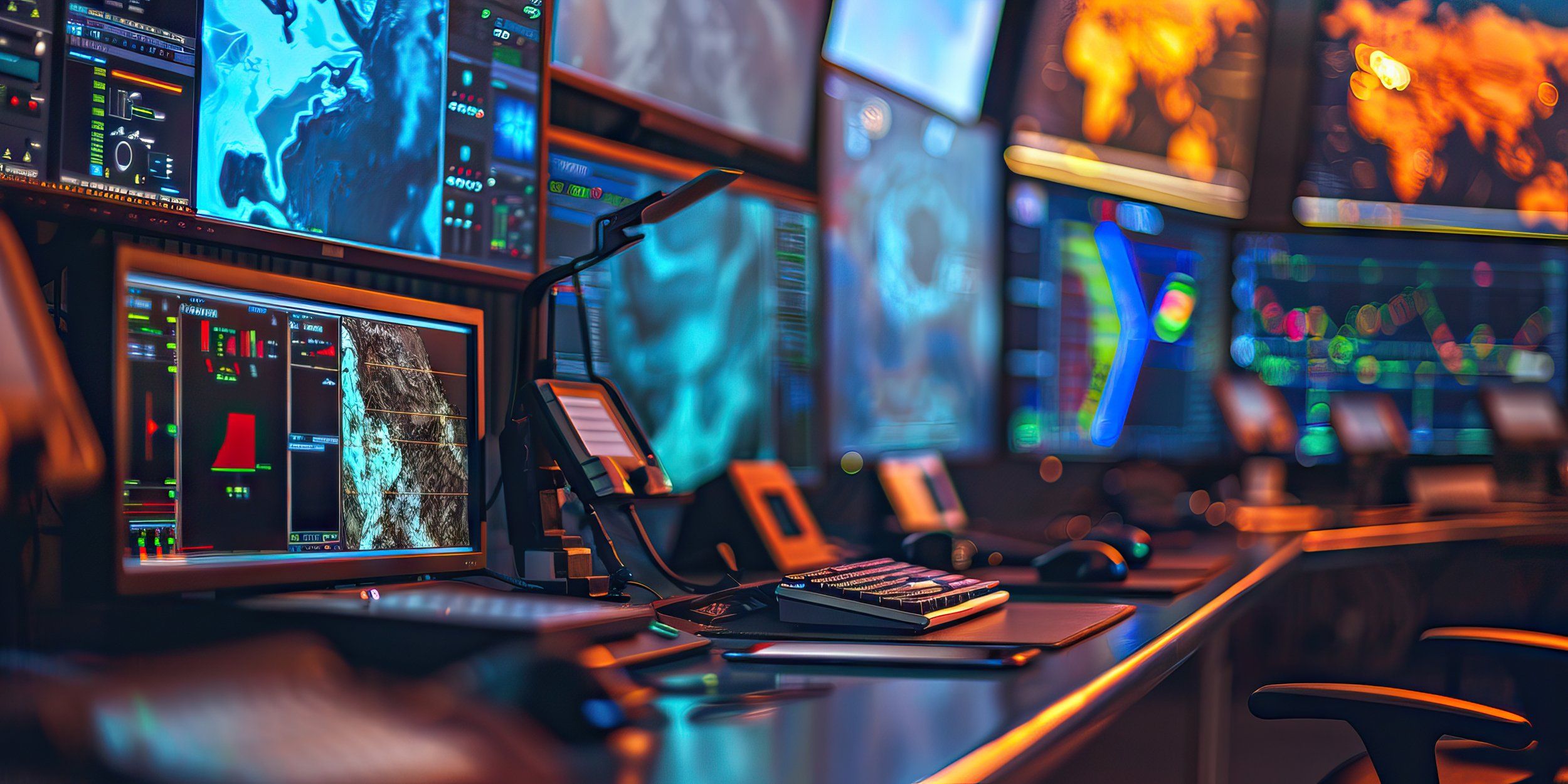
Artificial intelligence
Artificial Intelligence (AI) has significantly transformed remote sensing, enhancing its capabilities and applications across various fields.
This TRG will use this opening list and refine it to identify core areas of study:
Improved Data Processing and Analysis
Enhanced Image Classification
Supervised and Unsupervised Learning
Deep Learning: Convolutional Neural Networks (CNNs) and other deep learning models excel in classifying complex images, such as those with mixed land use or intricate urban structures.
Object Detection and Segmentation
Predictive Analytics
Data Fusion
Multi-Source Integration: AI facilitates the integration of data from multiple sources, such as satellite imagery, LiDAR, and ground-based sensors, providing a more comprehensive understanding of the observed phenomena.
Efficient Resource Management
Disaster Management
Environmental Monitoring
Urban Planning
Challenges and Considerations:
Data Quality: The accuracy of AI models depends on the quality and quantity of training data.
Computational Resources: AI algorithms, especially deep learning models, require significant computational power and storage.
Ethical Concerns: The use of AI in remote sensing raises ethical issues related to privacy, data security, and potential misuse.
This TRG is looking for new members. If you are interested then please let us know.
